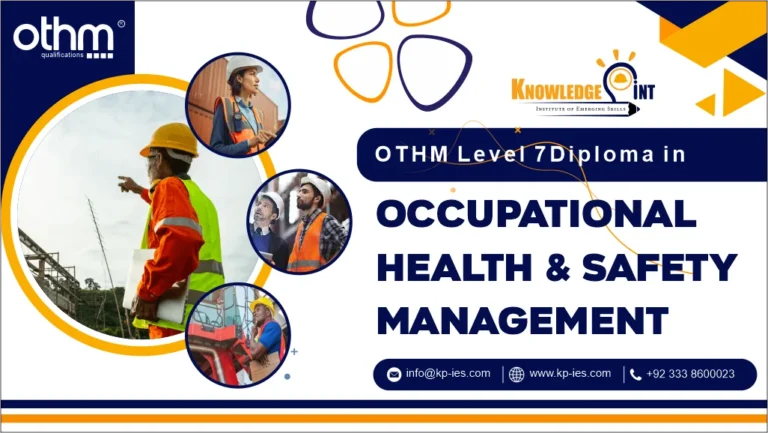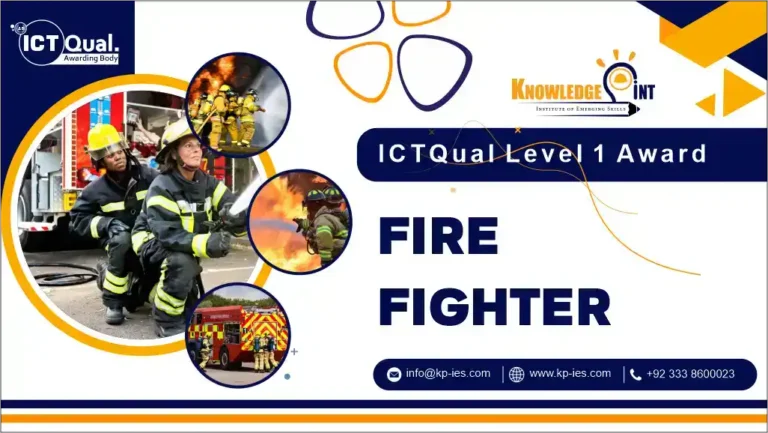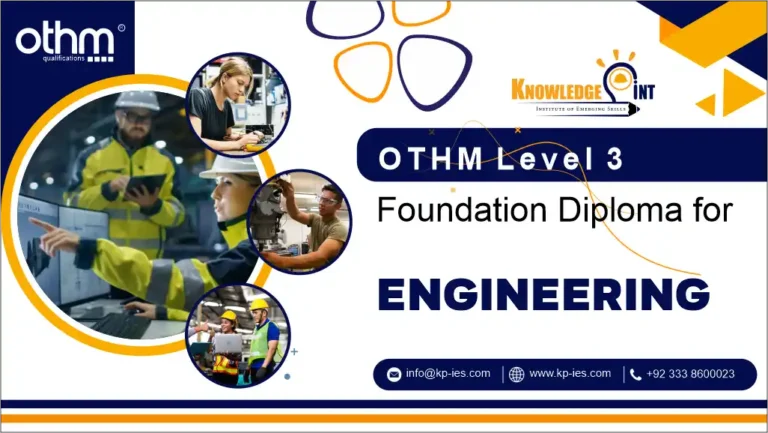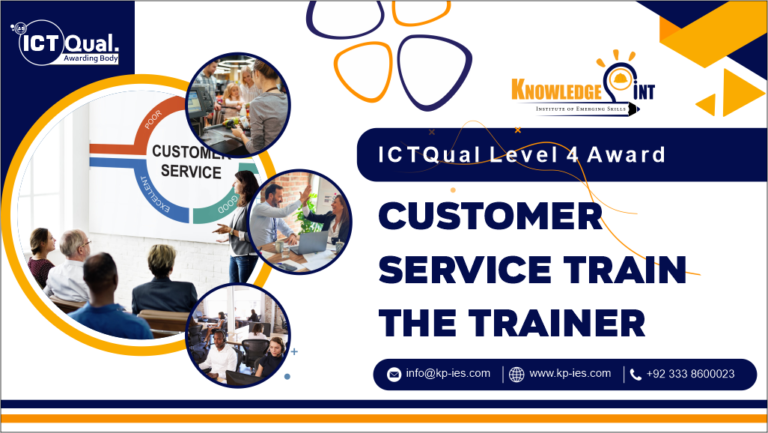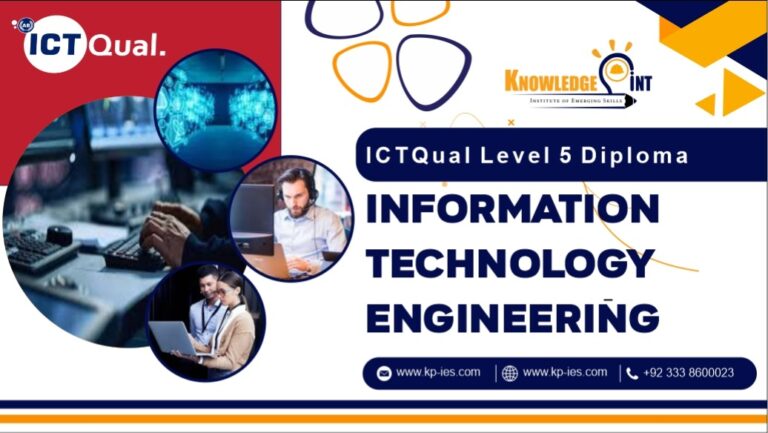In today’s world, where sustainability is paramount and energy costs are on the rise, effective energy management is more critical than ever. The Level 2 Award in Energy Management is a highly regarded certification designed to provide individuals with a solid foundation in energy management principles and practices. Whether you’re a facility manager, business owner, environmental consultant, or simply someone passionate about energy efficiency, this award can equip you with the necessary skills to make a meaningful impact.
The Level 2 Award in Energy Management is a professional qualification that introduces the essential concepts and strategies needed to manage energy use effectively. This certification is typically offered by accredited institutions and recognized by professional bodies in the energy sector. It serves as an excellent starting point for those new to the field and as a valuable credential for professionals seeking to formalize their knowledge and skills.
The Level 2 Award in Energy Management is a valuable certification that provides the foundational knowledge and skills needed to manage energy use effectively. Whether you’re looking to enhance your career, achieve cost savings, or contribute to environmental sustainability, this award offers a practical and comprehensive learning experience. By investing in this certification, you’re not only advancing your professional development but also playing a crucial role in promoting a more sustainable future. So, take the first step today and start your journey towards becoming an expert in energy management.
Course Overview
The ICTQual Level 2 Award in Energy Management consists of 11 mandatory units which are as follows.
The learning outcomes of ICTQual Level 2 Award in Energy Management include:
1. Fundamentals of Energy Management
- Understanding Basic Energy Concepts: Gain a comprehensive understanding of energy types, units of measurement, and the principles of energy flow and conservation.
- Energy Management Principles: Learn the core principles of managing energy effectively in various settings, from residential to industrial environments.
2. Energy Consumption Awareness in the Workplace
- Identifying Energy Usage: Develop skills to identify and understand energy consumption patterns in the workplace.
- Awareness Training: Learn how to create and implement energy awareness programs to educate employees about the importance of energy efficiency.
3. Reducing Energy Consumption in the Workplace
- Energy Efficiency Techniques: Discover strategies and techniques to reduce energy consumption across different workplace settings.
- Practical Implementation: Gain practical knowledge on how to apply energy-saving measures and monitor their effectiveness.
4. Importance of Collecting and Managing Energy Data
- Data Collection Methods: Learn various methods for collecting accurate energy data, including metering and monitoring tools.
- Data Analysis: Understand how to analyze energy data to identify trends, inefficiencies, and opportunities for improvement.
5. Energy Consumption in Buildings and Processes
- Energy Use in Buildings: Study the energy consumption characteristics of different types of buildings and the factors influencing their energy use.
- Process Energy Management: Learn about energy consumption in industrial processes and how to optimize energy use in production environments.
6. How Energy Use Equipment and Systems Operate
- Equipment Operation: Gain knowledge about how various energy-consuming equipment and systems operate, including HVAC, lighting, and industrial machinery.
- Efficiency Optimization: Learn techniques to optimize the efficiency of these systems and reduce energy wastage.
7. Importance of Energy Audits and Assessments in the Workplace
- Conducting Energy Audits: Develop skills to perform basic energy audits and assessments to identify areas of improvement.
- Audit Tools and Techniques: Familiarize with tools and techniques used in energy audits to evaluate energy performance.
8. Legislative and Regulatory Requirements Covering Energy
- Understanding Regulations: Learn about the key legislative and regulatory requirements related to energy management and efficiency.
- Compliance Strategies: Understand how to ensure compliance with energy-related laws and standards to avoid penalties and enhance sustainability.
9. Importance of an Organisation’s Energy Strategy, Planning, and Policy
- Energy Strategy Development: Gain insights into developing a comprehensive energy strategy aligned with organizational goals.
- Planning and Policy: Learn how to create and implement effective energy plans and policies to guide energy management efforts.
10. Role of Design, Installation, and Commissioning of Energy Use Equipment and Systems
- Design Principles: Understand the principles of designing energy-efficient equipment and systems.
- Installation and Commissioning: Learn best practices for the installation and commissioning of energy use equipment to ensure optimal performance.
11. Use of Operational and Maintenance Controls to Operate the Energy Use Equipment and Systems Efficiently
- Operational Controls: Study various operational controls that can be used to manage energy-consuming equipment and systems efficiently.
- Maintenance Practices: Learn about maintenance practices that help sustain the efficiency of energy use equipment and prevent energy wastage.
Course Benefits of the ICTQual Level 2 Award in Energy Management:
1. Foundation for Advanced Learning
- The course provides a comprehensive introduction to energy management, laying the groundwork for more advanced qualifications and studies in this field.
2. Enhanced Career Opportunities
- With growing emphasis on sustainability, there is an increasing demand for professionals with energy management skills. This qualification can improve your employability across various industries, including manufacturing, construction, and facilities management.
3. Cost Savings for Organizations
- Understanding and applying energy management principles can lead to significant cost reductions by optimizing energy use and minimizing waste, thus enhancing the financial performance of businesses.
4. Positive Environmental Impact
- By learning how to reduce energy consumption and increase efficiency, you can contribute to lowering greenhouse gas emissions and promoting environmental sustainability.
5. Practical Skills Development
- The course equips you with practical skills such as conducting energy audits, managing energy data, and developing energy-saving strategies, which can be directly applied in your workplace.
6. Compliance and Risk Management
- Knowledge of legislative and regulatory requirements helps ensure that your organization complies with relevant energy laws and standards, reducing the risk of legal issues and penalties.
7. Increased Awareness and Culture Change
- The course promotes energy consumption awareness, encouraging a culture of sustainability and responsibility among employees and stakeholders within your organization.
8. Strategic Planning and Policy Formulation
- Gain insights into creating and implementing effective energy strategies, plans, and policies that align with organizational goals and regulatory requirements.
9. Versatility Across Industries
- The principles of energy management are applicable to a wide range of sectors, making the skills acquired through this course versatile and valuable in diverse professional contexts.
10. Contribution to Corporate Social Responsibility (CSR)
- Organizations with robust energy management practices demonstrate a commitment to CSR, enhancing their reputation and fostering goodwill among customers, clients, and the community.
11. Personal Satisfaction and Growth
- Achieving proficiency in energy management can provide personal fulfillment through contributing to sustainability efforts and making a tangible difference in the fight against climate change.
Completing the Level 2 Award in Energy Management sets a strong foundation for a variety of advanced education and career opportunities. Here are some potential future progression paths:
1. Advanced Certifications
- Level 3 Award in Energy Management
- Deepened Knowledge: Dive deeper into advanced concepts, including energy performance contracting, carbon footprint analysis, and detailed energy auditing techniques.
- Specialization: Focus on areas such as renewable energy technologies, smart grid management, and advanced energy storage solutions.
- Certified Energy Manager (CEM)
- Global Recognition: This credential is internationally recognized and respected in the energy management industry.
- Comprehensive Curriculum: Covers advanced topics in energy management, such as financial analysis for energy projects, sustainable energy solutions, and energy project management.
- Energy Institute (EI) Qualifications
- Professional Development: EI offers a range of qualifications from certificates to diplomas in energy management and sustainability.
- Access to Resources: Membership in EI provides access to a network of professionals and a wealth of industry resources.
2. Higher Education
- Bachelor’s Degree in Energy Management
- Broad Understanding: Provides a comprehensive education in energy management, including technical, managerial, and policy aspects.
- Career Opportunities: Opens up diverse career opportunities in the energy sector, including consulting, project management, and policy development.
- Master’s Degree in Sustainable Energy or Renewable Energy
- Advanced Studies: Focus on advanced concepts in sustainable and renewable energy technologies, policies, and systems.
- Research Opportunities: Engage in cutting-edge research and contribute to innovations in the energy sector.
3. Professional Development and Specialization
- Energy Auditing and Assessment
- Advanced Energy Auditor Certification: Become an expert in conducting detailed energy audits and identifying opportunities for energy savings.
- Specialized Training: Attend workshops and courses on advanced auditing techniques and tools.
- Renewable Energy Specialization
- Renewable Energy Certificates: Obtain certifications in specific renewable energy technologies, such as solar, wind, and biomass.
- System Design and Integration: Learn how to design and integrate renewable energy systems into existing infrastructure.
- Sustainability and Environmental Management
- Sustainability Certifications: Pursue certifications in sustainability and environmental management, such as LEED (Leadership in Energy and Environmental Design) or ISO 14001.
- Sustainable Business Practices: Learn about sustainable business practices and how to implement them within organizations.
4. Career Advancement
- Energy Manager Roles
- Corporate Energy Manager: Oversee energy management programs and initiatives within large organizations.
- Facility Energy Manager: Manage energy use and efficiency in specific facilities, such as hospitals, universities, or industrial plants.
- Consulting and Advisory Positions
- Energy Consultant: Provide expert advice and solutions to organizations looking to improve their energy efficiency and sustainability.
- Sustainability Advisor: Work with companies to develop and implement sustainability strategies and practices.
- Policy and Advocacy
- Energy Policy Analyst: Analyze and develop energy policies and regulations to promote sustainable energy use.
- Advocacy Roles: Work with NGOs or government agencies to advocate for energy efficiency and renewable energy initiatives.
5. Industry Engagement and Networking
- Professional Associations
- Membership: Join professional associations such as the Energy Institute, Association of Energy Engineers (AEE), or local energy management organizations.
- Conferences and Events: Attend industry conferences, workshops, and seminars to stay updated on the latest trends and network with other professionals.
- Continuous Learning
- Online Courses and Webinars: Participate in online courses, webinars, and other learning opportunities to keep your skills and knowledge up-to-date.
- Publications and Research: Subscribe to industry journals, magazines, and research publications to stay informed about new developments in energy management.
The Level 2 Award in Energy Management is an excellent starting point that offers a multitude of pathways for further education and career advancement. By pursuing advanced certifications, higher education, and specialized training, you can enhance your expertise and open up new opportunities in the dynamic field of energy management. Whether you aim to climb the corporate ladder, become a specialist in a particular area, or influence energy policy, the skills and knowledge gained from this course provide a solid foundation for a successful and impactful career.


